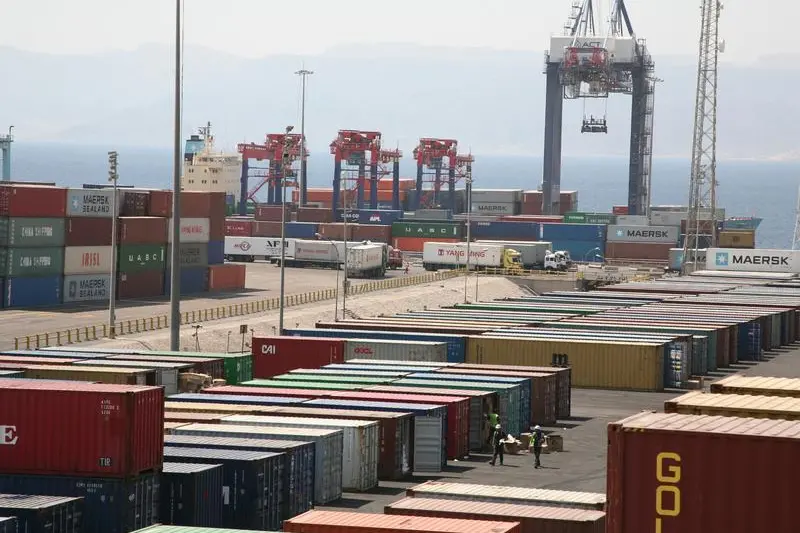PHOTO
AMMAN — As a result of the increase in sea freight and raw materials’ prices globally, Jordan is expecting a hike in the prices of numerous goods and commodities in the local market, according to President of Jordan Chamber of Commerce (JCC) Nael Kabariti.
The reason for the increase in freight costs is due to a lack of empty containers, as well as economic tensions between major countries, which has resulted in some container restrictions, Kabariti told The Jordan Times on Wednesday.
Additionally, major companies that have suffered large losses in certain periods are attempting to compensate for their losses, Kabariti noted.
The chamber of commerce president noted that the cost of shipping from China used to be in the range $1,200 to $1,500, while now it is between $10,000 and $13,000 for a 40-foot container.
“The rise in raw material prices is due to the increased demand and lack of supply, since manufacturing was disrupted by the pandemic in most countries,” Kabariti said.
He pointed out that all of these factors and reasons are beyond the government’s control.
“The government can work on the internal factors by lowering the customs value of goods and revisiting sales tax decisions,” he said.
The Jordanian government has initially approved to establish ceiling prices for sea freight costs for the purposes of calculating taxes and customs charges, ensuring that this measure is reflected in consumer prices until the end of 2021, Kabariti added.
Economist Wajdi Makhamreh said that the recent spike in freight prices is due to the pandemic and the recent Suez Canal crisis, along with the reopening of the world’s economic sectors, which resulted in a high demand for all raw materials and caused a supply deficit.
“Jordan is heavily dependent on imports with 90 per cent of the country’s goods are imported. This increase in freight charges will have a substantial impact on prices in the Kingdom, particularly food and basic commodities, with an increase of 10 to 40 per cent expected in the coming months, depending on the material,” Makhamreh told The Jordan Times on Wednesday.
Merchants are currently demanding that taxes, customs, and other additional fees for imports be reduced, Makhamreh said.
Makhamreh expects the prices increase to be “temporary”.
“The Jordanian government should consider warehousing, by collaborating with the private sector. Furthermore the government should lower fees and customs on basic goods, as well as tighten control over markets and merchants to avoid monopolies and unreasonable price increases,” Makhamreh noted.
© Copyright The Jordan Times. All rights reserved. Provided by SyndiGate Media Inc. (Syndigate.info).





















